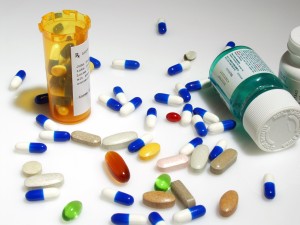Health in Africa
Be current on your first aid if you are going to remote places in Africa.
If you are bringing medications with you, carry them in their original containers with the labels. If carrying syringes or needles bring a physician’s letter.
Click Here for a user friendly website on vaccinations for Health in Africa. This website will tell you what vaccinations you may need depending on the specific country you will be visiting.
Centers for Disease Control and Prevention: the following vaccinations are recommended for all parts of Africa: hepatitis A, hepatitis B, meningococcal meningitis, rabies and typhoid, and boosters for tetanus, diphtheria and measles. Yellow fever is not necessarily recommended for all parts of Africa, although the certificate is an entry requirement for many countries and is also known as the yellow booklet or International Certificate of Vaccination. For detailed information on each county Click Here
Visit a doctor 4-8 weeks before departure because some vaccines won’t take into effect until 2 weeks after the shot.
Health in Africa – Use Pharmacies if needed
Sometimes you can go into the pharmacies if you have a health problem and they can prescribe antibiotics and other medicine rather than seeing a doctor or going to the hospital. I have done this before in Africa and within a half an hour I started feeling better.
Medical checklist
Aspirin, Ibuprofen, Antibacterial ointment, Antidiarrheal drugs, Antihistamines, Antimalarial drugs, bandages, DEET containing insect repellent, water purification tablets, insect spray for clothing, tents and bed nets, motion sickness drugs, and sunblock. If you are traveling through a malarial area, consider taking a self-diagnostic kit that can identify malaria in the blood from a finger prick.
Thanks for visiting Health in Africa.








